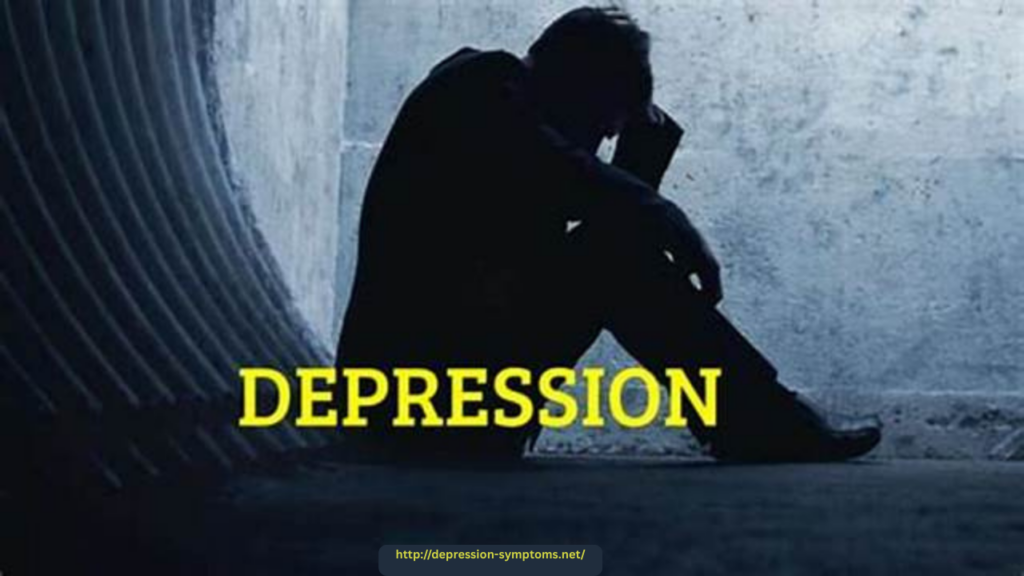
Depression is often misunderstood as purely an emotional or mental condition. While it certainly affects mood, energy, and thinking, it’s important to understand that depression also has real, tangible effects on the body. These physical symptoms are not imagined or exaggerated—they are valid, distressing, and can significantly impact a person’s quality of life. In fact, many people with depression first notice bodily symptoms before they even realize they are struggling with a mental health condition.
Recognizing the physical side of depression is vital for early detection and effective treatment.
1. Chronic Fatigue and Low Energy
One of the most common physical symptoms of depression is persistent fatigue. People with depression often feel drained, even after a full night’s sleep. The fatigue is more than just tiredness—it’s a deep, ongoing sense of exhaustion that makes even simple tasks like showering, cooking, or walking feel like monumental efforts.
This fatigue is both physical and mental, and it can lead to a vicious cycle where low energy discourages activity, which in turn deepens feelings of worthlessness or guilt.
2. Sleep Disturbances
Depression commonly disrupts normal sleep patterns. Some individuals struggle with insomnia—having difficulty falling or staying asleep—while others experience hypersomnia, or excessive sleeping. Despite sleeping longer, those with hypersomnia often still feel tired and unrefreshed.
These sleep issues can worsen other symptoms, like concentration problems and irritability, creating further strain on a person’s physical and emotional well-being.
3. Aches and Pains Without a Clear Cause
Unexplained physical pain is another hallmark of depression. Common complaints include headaches, muscle pain, joint stiffness, and backaches. These symptoms don’t always respond to typical treatments, which can lead to frustration and a sense of helplessness.
Research suggests that depression may heighten pain perception due to its effect on brain chemicals like serotonin and norepinephrine—neurotransmitters that regulate both mood and pain response.
4. Digestive Issues
Depression can take a toll on the digestive system. Nausea, constipation, diarrhea, bloating, and a sensitive stomach are frequently reported by those struggling with depression. These gastrointestinal problems are often mistakenly treated as separate physical ailments, when in fact, they may be rooted in emotional distress.
5. Appetite and Weight Changes
Depression can cause significant changes in appetite. Some people lose interest in food altogether and experience noticeable weight loss. Others may find themselves overeating—especially high-sugar or high-fat comfort foods—leading to weight gain. These changes not only affect physical health but can also contribute to negative self-image and emotional distress.
6. Slowed Movements or Speech
In some cases, depression affects motor function, leading to slowed physical movements, speech, or thought processes. Individuals may feel like they are “moving through molasses,” which can make everyday activities more difficult and worsen feelings of isolation or frustration.
Understanding the Mind-Body Connection
The physical symptoms of depression are not “all in your head.” They are a real part of the illness and deserve just as much attention as emotional or cognitive symptoms. Unfortunately, many people seek help from medical doctors for physical pain without realizing that depression may be the underlying cause.
Acknowledging the physical side of depression helps break down stigma and encourages a more holistic approach to treatment—one that treats both the body and the mind. If you’re experiencing these symptoms, know that you’re not alone—and help is available.